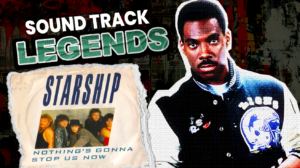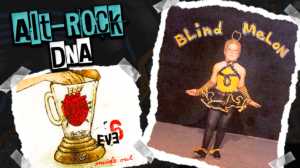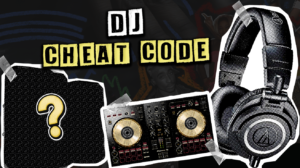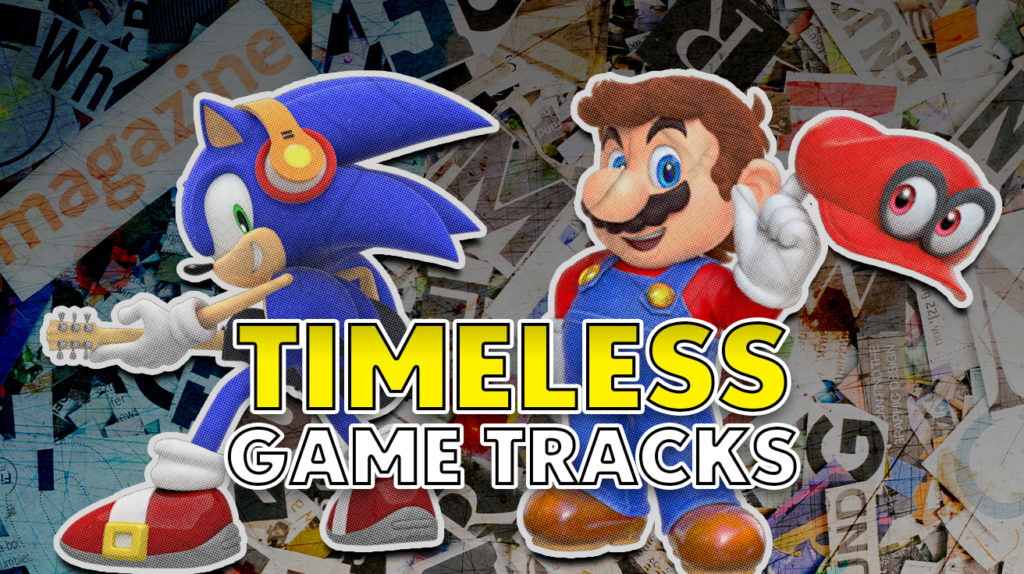
Ever wondered why certain game soundtracks stick in your head for years? The perfect video game music transforms ordinary gameplay into unforgettable emotional journeys. These musical masterpieces don’t just complement their games—they elevate entire gaming experiences beyond what visuals alone could achieve. From orchestral epics to quirky chiptunes, the most memorable scores capture exactly what makes their games special. Some even rescue otherwise flawed titles, becoming the true heroes of their respective games.
Music isn’t just background noise—it’s the emotional backbone that connects players to virtual worlds.
13. Sonic Adventure 2
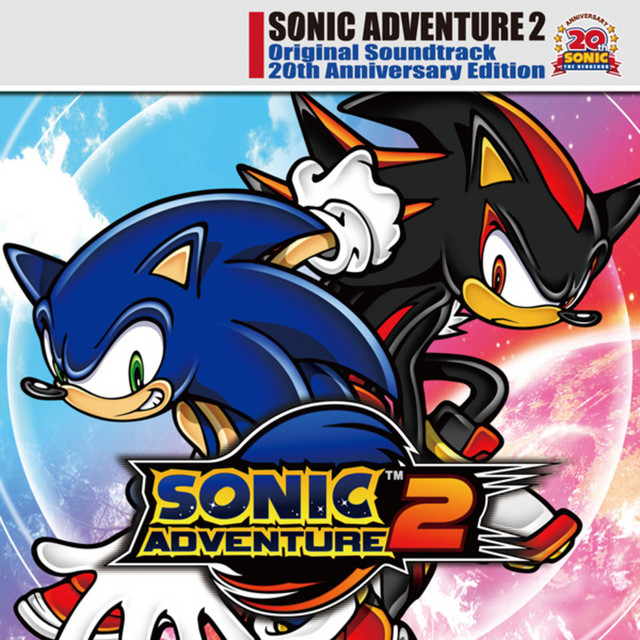
If you’ve ever wondered why people still defend such a flawed game, the four-composer team behind these 100+ genre-hopping tracks provides the definitive answer. A four-composer team (Jun Senoue, Kenichi Tokoi, Fumie Kumatani, and Tomoya Ohtani) produced an incredible genre range: hard rock for Shadow’s sequences, pop for Sonic’s stages, and relaxed melodies for Chao Garden downtime. Knuckles’ rap tracks stand out as so bizarrely out-of-place they’ve achieved meme status—particularly “Pumpkin Hill” with its surreal lyrical flow.
Fans often joke that Knuckles’ entire storyline must be some kind of drug-induced hallucination based solely on the music choices. While quality varies dramatically across the collection, with some notably cheesy English lyrics, standout themes like “Live and Learn” still appear regularly in Sonic symphony performances. While inconsistent gameplay may have damaged the game’s reputation, these wildly diverse tracks solved the franchise’s identity crisis by giving each character their own musical personality.
12. Super Mario Odyssey
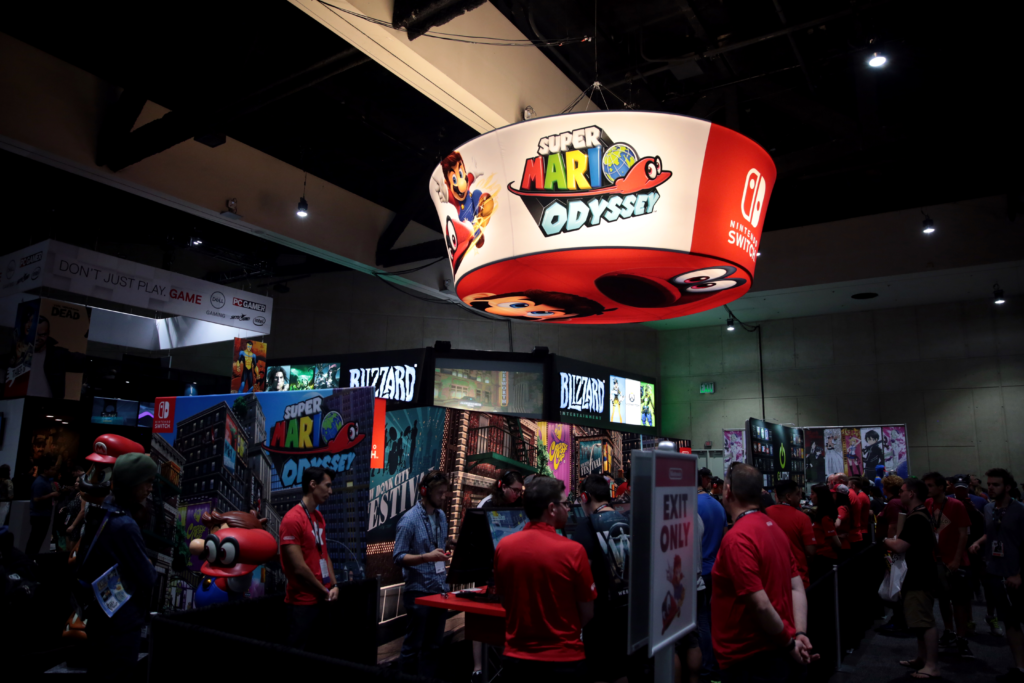
The Mario series has always played it musically safe, but Odyssey’s globe-trotting soundtrack finally lets Nintendo’s plumber explore bold new audio territory. The composer trio of Naoto Kubo, Shiho Fujii, and veteran Koji Kondo created 82 tracks across 4 CDs that venture into completely uncharted territory for the franchise. “Bubblaine” brings bossa nova vibes to the Seaside Kingdom, making exploration feel like a musical vacation.
Throughout fights, the Broodals battle music shifts dynamically to keep your engagement high. Perhaps most surprising included Japanese shamisen—a bold instrumental choice for a Mario title. Vocal themes like “Jump Up, Super Star!” became instant fan favorites, helping the soundtrack reach #1 on iTunes Japan. If you’re seeking the moment Nintendo’s audio team finally broke free from their comfort zone, these 82 genre-spanning tracks mark that precise turning point.
11. The Legend of Zelda: Breath of the Wild
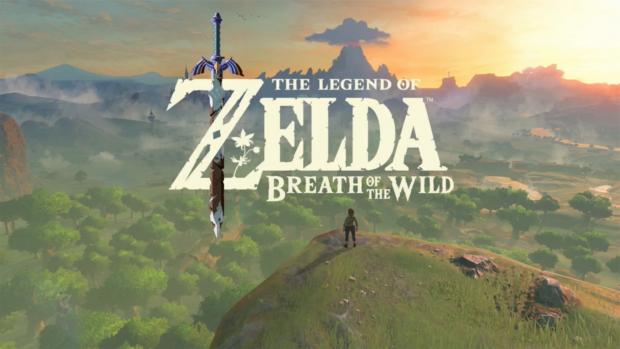
After decades of bombastic Zelda themes, Breath of the Wild’s minimal piano compositions solve the open-world music challenge by letting silence become as important as sound. Gone are the bombastic Zelda orchestral arrangements, replaced by subtle, contemplative piano melodies that complement the vast wilderness exploration.
Sparse, carefully placed notes make discovery moments feel genuinely meaningful through contrast with silence. Long-time franchise fans occasionally mention missing familiar thematic elements, yet this approach fundamentally redefined possibilities for Zelda’s musical identity. The choice of minimal piano compositions revolutionized how open-world games handle music, influencing countless titles since its release.
10. The Elder Scrolls IV: Oblivion
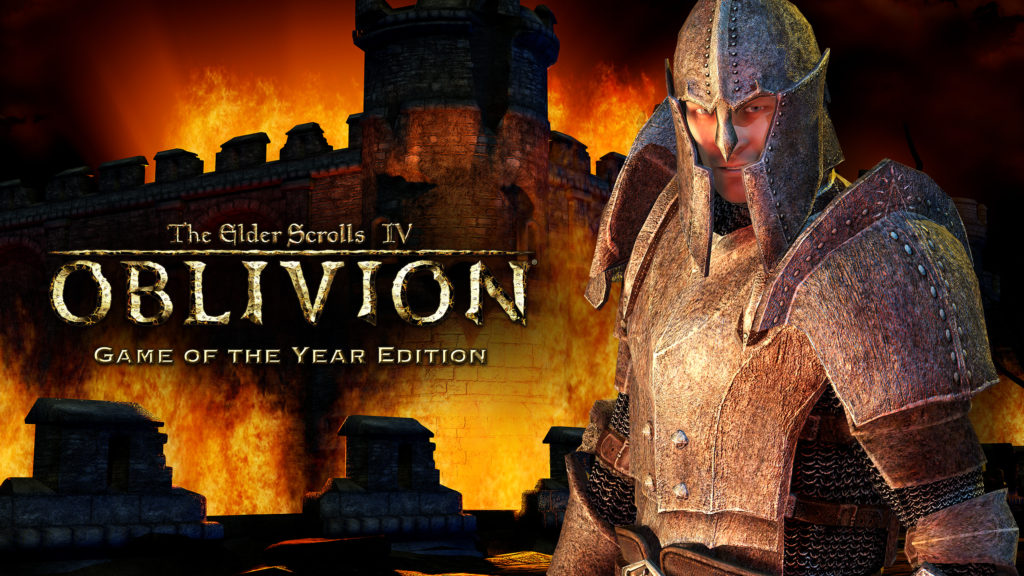
Before Skyrim’s Nordic choirs took over every gamer’s playlist, Jeremy Soule’s Oblivion soundtrack brought the high fantasy tone of Tamriel to life with delicate piano, swelling strings, and that signature sense of epic, and yet almost sad stillness. Tracks like “Reign of the Septims” and “Harvest Dawn” quietly command presence. Meanwhile, the relaxed melancholy of “Watchman’s Ease” helps reinforce the state of mind a terrible car crash left Soule in as he worked on the soundtrack. This is ambient fantasy music at its best, the kind that doesn’t beg for attention but instead deepens immersion until you forget where the music ends and the world begins.
Unlike more bombastic fantasy soundtracks, Oblivion emphasized atmosphere and introspection—perfect for players who spent just as much time wandering forests as they did closing Oblivion gates. It’s been featured in countless fan videos, lo-fi remixes, and ambient playlists, especially among players who still feel a nostalgic pull toward Cyrodiil’s golden plains. It is, interestingly, considered a departure from the less emotionally tinged music of Morrowind and Skyrim, but this departure is also what truly sets it apart.
9. Hades
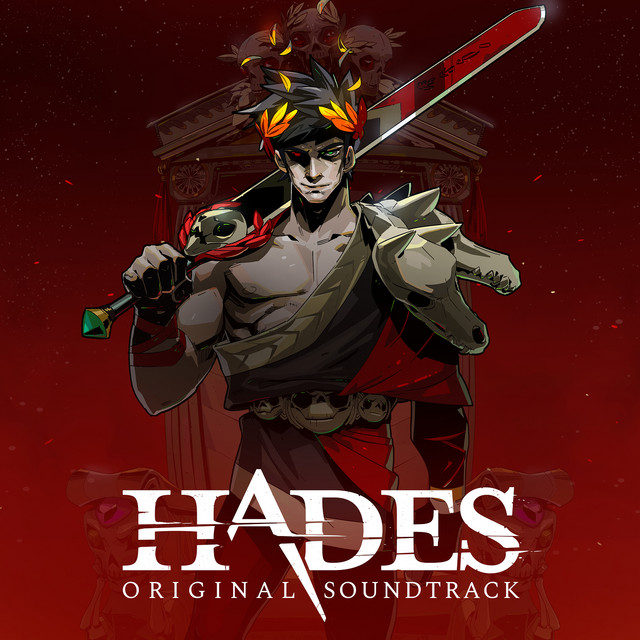
Darren Korb’s Greek-meets-rock soundtrack makes repeated underworld escape attempts feel fresh through dynamic audio that evolves alongside your progression. Ancient instrumental choices blend surprisingly well with contemporary rock sensibilities to match the game’s roguelike structure—providing energy for repeated run attempts while offering enough variety to prevent staleness. “No Escape” perfectly captures both frustration and determination inherent in attempting to break free from the underworld.
“The Unseen Ones” elevates boss encounters to appropriately epic confrontations. When you’re making your fifteenth escape attempt and still discovering new musical nuances, you’ll appreciate how perfectly this soundtrack complements the rogue-like experience.# Top 10 Video Game Soundtracks That Defined Their Games
The right soundtrack turns good games into unforgettable experiences and average moments into iconic ones. And let’s be honest: some scores absolutely carry their games. Ready for the real MVPs of gaming audio? These aren’t just good soundtracks—they’re the ones you’ll catch yourself humming years later. From award-winners to cult classics, these scores didn’t just accompany their games—they made them legendary.
8. Celeste
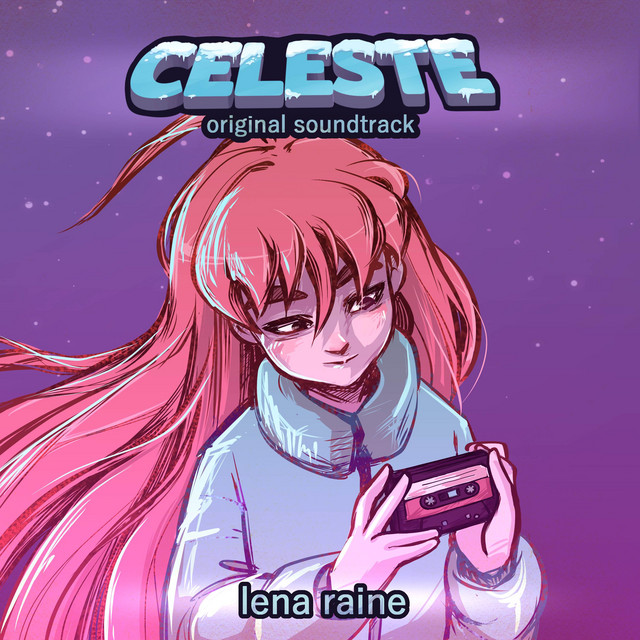
Lena Raine’s 21-track emotional journey transforms anxiety and determination into musical form, making Celeste’s challenging gameplay feel like a deeply personal experience. This collection blends intimate piano with contemporary synth work that captures the protagonist’s mental journey with remarkable precision.
“First Steps” perfectly conveys the mixed fear and determination that comes with beginning difficult challenges. “Anxiety” lives up to its name—creating genuinely frantic, overwhelming soundscapes so effective that some players find the tracks anxiety-inducing themselves. The composition earned Best Audio at the 2018 Game Developers Choice Awards and established Raine as a significant voice in game composition.
Physical releases on vinyl and cassette quickly became sought-after items within the video game music community. No indie game soundtrack has better translated mental health struggles into musical form, creating an emotional connection that resonates even with non-gamers.
7. Persona 5

Dual-life duality finds perfect musical expression in this stylish soundtrack. Shoji Meguro’s 110+ track compilation spans multiple albums, blending jazz, rock, and electronic elements with both Japanese and English vocal performances. Contrast drives the experience—jazzy battle themes with vocal elements set against laid-back daily life melodies perfectly capture the phantom thief/high school student dynamic.
Stylistic choices throughout mirror the game’s distinctive visual aesthetics. “Layer Cake” perfectly embodies confident palace infiltration feelings, while “Beneath the Mask” captures quiet evening melancholy when alone in your room. Repetition during lengthy play sessions appears in some listener critiques, yet critical reception established the work among the most acclaimed JRPG soundtracks ever created.
Multiple format releases include vinyl pressings and live concert recordings, with regular appearances at Atlus music events. The compositions integrate so deeply into the Persona 5 experience that they function as a core gameplay element rather than supplementary audio. Years after playing, these tracks continue finding their way into personal playlists. One can only hope to see more gaming soundtracks receive the concert treatment, following the groundbreaking example set when Metallica and Apple launched an immersive VR concert experience.
6. Final Fantasy XIV

Masayoshi Soken’s work on Final Fantasy XIV helped turn what began as a troubled MMO launch into a full-fledged audio masterpiece. From A Realm Reborn to Endwalker (and now onto Dawntrail), Soken has delivered hundreds of tracks that evolve with the game’s growing narrative—shifting effortlessly between sweeping orchestras, blistering metal, serene ambient textures, and everything in between. Boss themes like “Locus” and “To the Edge” have become iconic not just for their intensity, but also for how they reflect story arcs in real-time.
What makes FFXIV‘s soundtrack so revered is its emotional connectivity—players don’t just hear the music; they live it across years of in-game memories. Remember hearing “Footfalls” for the first time? Community concerts, vinyl box sets, and Blu-ray symphonies have only deepened the game’s musical legacy. Whether you’re crafting in Limsa or wiping to a savage raid boss, the music of XIV is a firm reminder that Final Fantasy games rely as much on what you’re hearing as what you’re doing and seeing.
5. Final Fantasy X
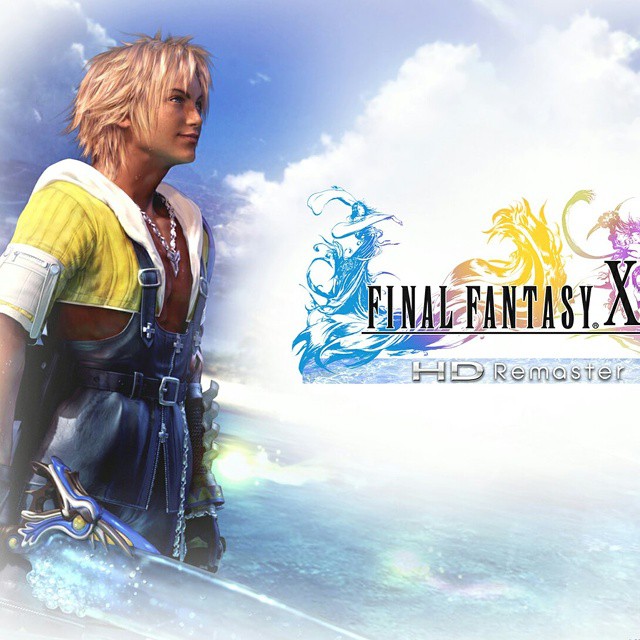
Nobuo Uematsu’s work on Final Fantasy X marked a musical evolution for the franchise, blending traditional orchestration with electronic experimentation to match Spira’s unique world of sorrow and hope. Opening track “To Zanarkand” is an emotional gut punch before you’ve even fought your first battle, and it sets the tone for a soundtrack that doesn’t just support the story—it is the story. Each region’s theme is tightly woven into the game’s emotional core, whether it’s the hopeful rhythm of “Besaid Island” or the unsettling mysticism of “Via Purifico.”
What sets FFX apart is its ability to convey spiritual themes through sonic texture alone. The score is deeply reflective, mirroring the internal struggles of the characters as they navigate fate, love, and sacrifice. It remains one of the most covered game soundtracks on piano and guitar, and for good reason—every note feels designed to linger in your memory. Long after Tidus’ story fades into the Farplane, Uematsu’s score continues to resonate.
4. Halo: Combat Evolved
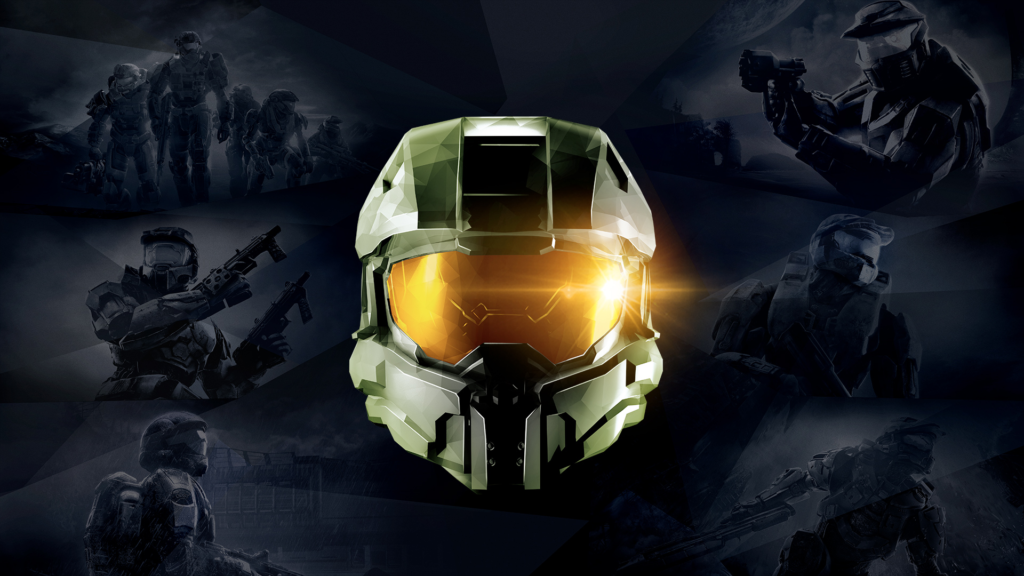
Martin O’Donnell and Michael Salvatori’s score for Halo: Combat Evolved didn’t just accompany a sci-fi shooter—it became the sound of modern gaming’s evolution. Opening with that now-legendary Gregorian chant, Halo’s soundtrack set the tone for a franchise that balances ancient mysticism with futuristic warfare. “The Truth and Reconciliation Suite” and “Under Cover of Night” still echo in gamers’ heads like war hymns from another galaxy. This was one of the first soundtracks to treat action music with cinematic gravitas—and it paid off.
The magic lies in the dynamic range—ambient stealth segments dissolve into percussion-heavy battle themes, all underscored by a sense of epic scale rarely seen in shooters at the time. The soundtrack helped elevate Halo from a technical marvel to a cultural milestone, with orchestral performances and re-recordings spanning over two decades. Even today, few opening menu themes hit as hard or remain as instantly recognizable. Whether you were storming a beach or driving a Warthog off a cliff, the music made sure you felt important doing it.
3. Octopath Traveler
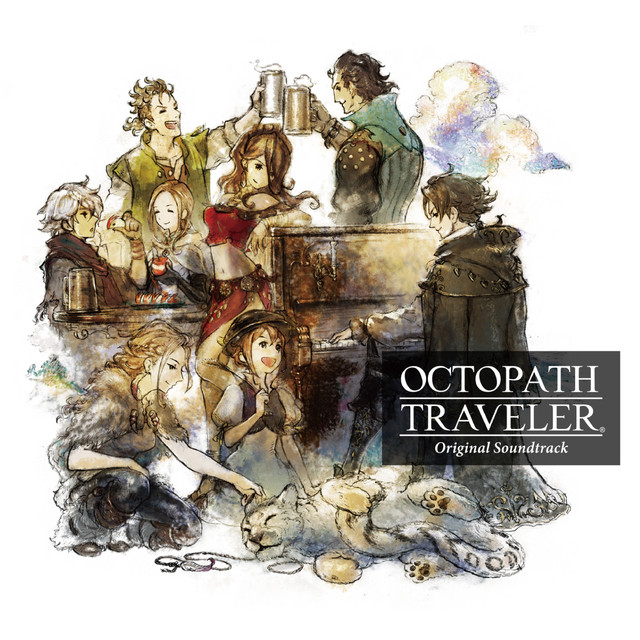
Square Enix’s 80-track orchestral masterpiece proves old-school JRPG music can evolve without losing its soul, giving each character their own distinctive musical identity. Yasunori Nishiki’s collection (distributed across 4 CDs in the complete edition) pays homage to classic JRPGs while employing contemporary production techniques.
Character identities receive distinct musical signatures—individual motifs, themes, and instrumentation that reinforce personality and narrative. Seamless transitions occur throughout the gameplay experience as peaceful exploration themes organically build into intense boss battle compositions. “Enveloped in Kindness” delivers genuine emotional impact without manipulative musical shortcuts.
Consumer demand pushed the soundtrack through multiple reprinting cycles, with pieces regularly appearing in Square Enix orchestral performances. The BBC Philharmonic brought video game music to life in a virtual concert, reinforcing its artistic significance. When experiencing the multiple reprints and concert performances this soundtrack inspired, you’ll understand why it sparked renewed interest in orchestral game music worldwide.
2. Undertale

When facing life-or-death choices in Undertale, Toby Fox’s 101-track soundtrack morphs alongside your decisions, making your moral compass audible through ingenious musical transformations. Musical elements transition smoothly between quirky humor and genuine dread, often within individual pieces.
Just as the gameplay subverts traditional RPG expectations, the audio experience breaks conventional musical patterns in surprising ways. The Omega Flowey confrontation delivers some of gaming’s most intentionally chaotic compositions. “Hopes and Dreams” generates a powerful sense of player determination through its arrangement. Choosing the genocide route transforms once-cheerful themes into darkly unsettling variations.
Interconnected leitmotifs throughout different pieces create a coherent musical narrative paralleling the game’s storyline. Recognition came with Best Soundtrack at The Game Awards 2015, establishing significant influence in indie game music development despite occasional criticism about repetitive or simplistic elements in certain tracks. The ingenious leitmotif system connects emotional moments across your entire journey, making each playthrough a deeper musical experience than the last.
1. Nier: Automata
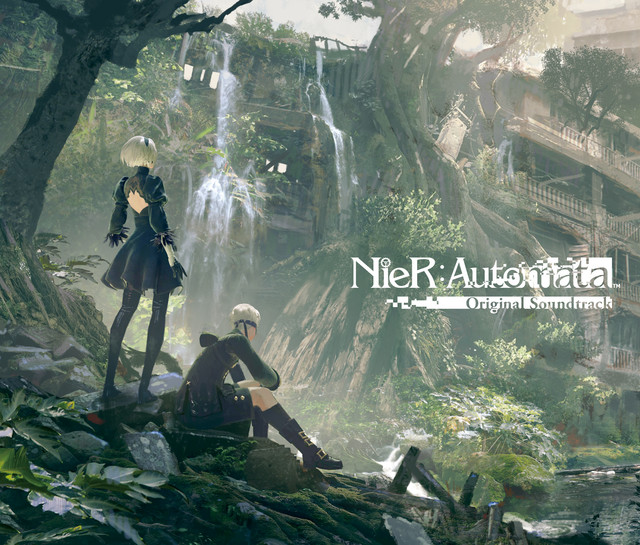
Creating music for a game about existential questions and android emotions seems impossible, yet Keiichi Okabe’s team delivered a score so powerful it won 2017’s highest audio honors. The composition team of Keigo Hoashi, Kuniyuki Takahashi, and Kakeru Ishihama developed 46 tracks that earned Best Score/Music at The Game Awards 2017.
Their work combines orchestral elements with electronic and choral components, alternating between haunting melancholy and combat intensity to mirror the game’s existential themes. Dynamic music systems ensure extended battle sequences maintain audio freshness. Vocals performed in a fictional language add mysterious dimensions while conveying emotional content, though some players mention finding the constant vocal presence distracting during lengthy sessions.
Interest in the broader Nier franchise grew significantly following the soundtrack’s release, spurring multiple album formats including vinyl pressings and special editions. If you’re drawn to music that challenges conventional video game composition, these philosophical audio explorations will continue rewarding your attention long after the credits roll.




